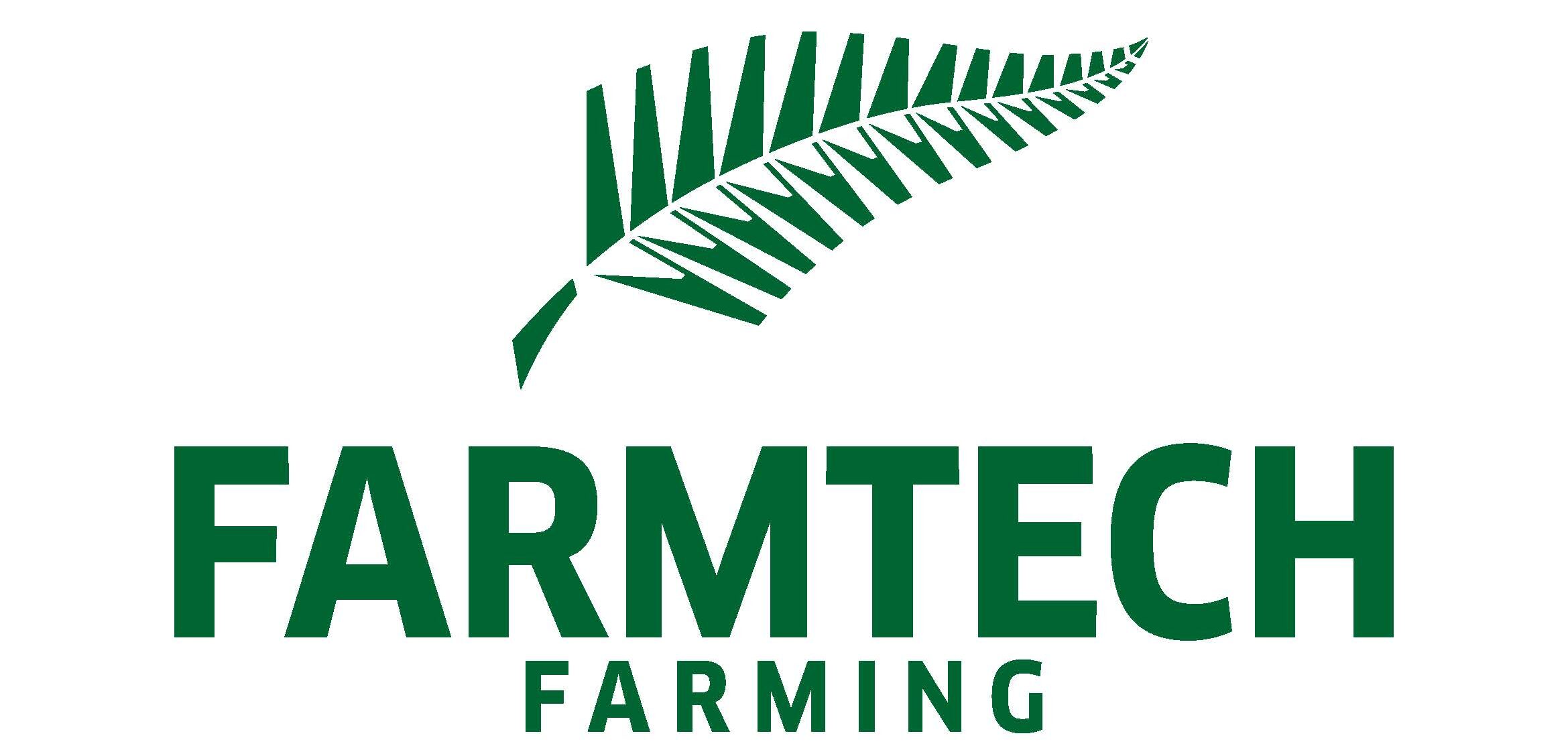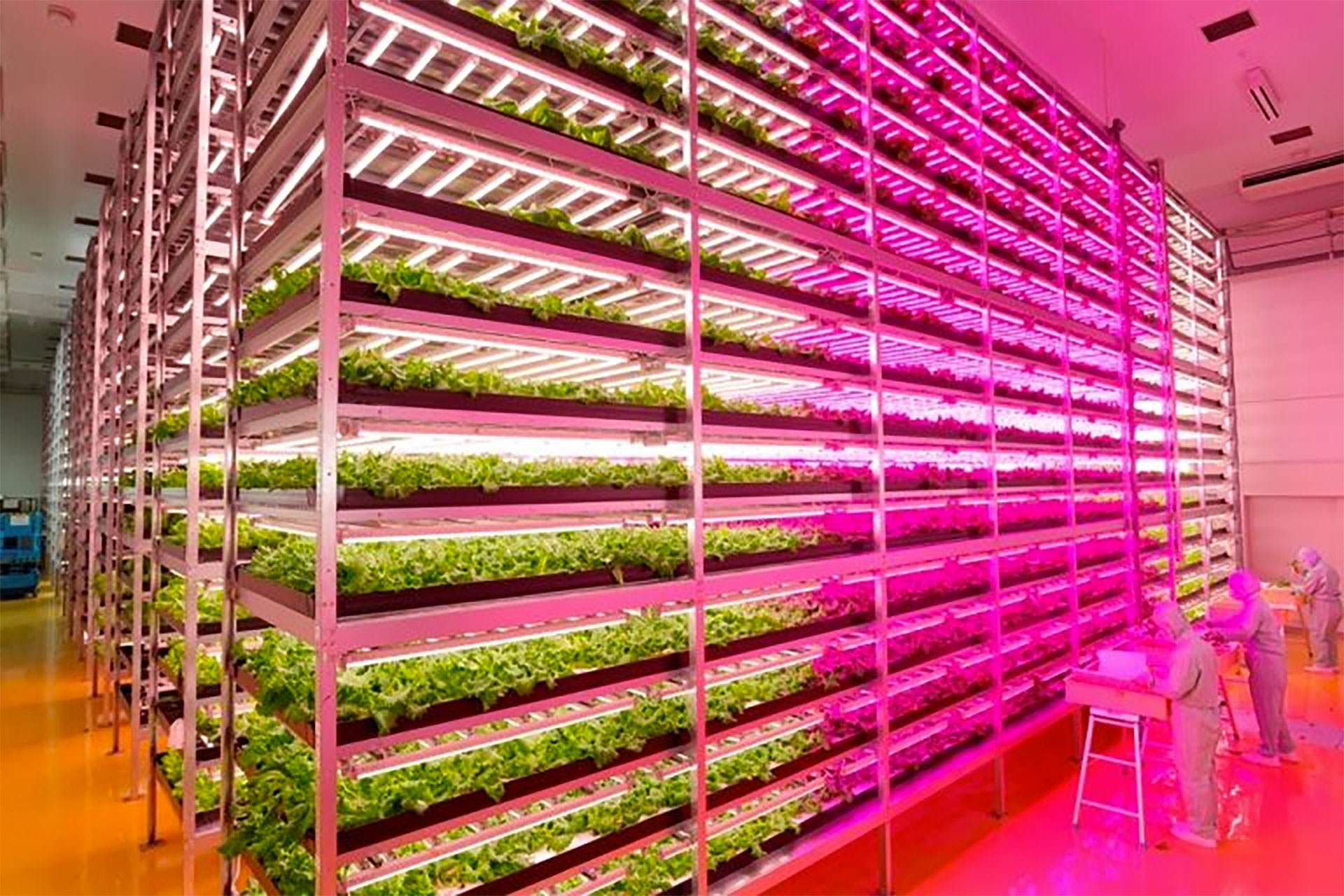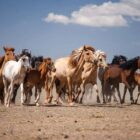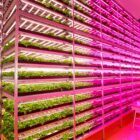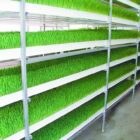In recent years, the UAE has prioritized food security, and the country, which is a net importer of food and agricultural goods, is working to strengthen its farming and food capacities.
The reality that it leaped ten places in the Global Food Security Index, from 31 in 2018 to 21 in 2019, is significant, and it is currently focusing on a self-set goal of reaching the top spot in the Global Food Security Index by 2051.
Experts believe that the UAE’s economic and geopolitical resilience, as well as the effective management of supply networks, have aided it in guaranteeing food security even during a pandemic situation.
His Excellency Sultan Al Mansoori, Minister of Economy, highlighted that improving food security through the utilization of modern technologies like as AI, biotechnology, and genetic engineering is one of the main long-term growth pillars.
The Progress Uptil Now
For some time now, the UAE has been revising its food security script by venturing into innovation-driven agri-tech through strategic implementation of information technology connected with sustainable projects, hence minimizing the imprint on food production and processing.
“The UAE and Dubai are capable of adapting to developments. They have no reservations about accepting new technology. They also understand that traditional agricultural practices would not enable them to meet the 2051 aim. As a result, vertical farming, smart farming, hydroponics, and aeroponics are flourishing in this dry region,” says Dr. Sanalkumar P, a Hyderabad-based agricultural scientist who authored the industry analyst research on the UAE’s agricultural industry for the UAE-India Business Fest 2017.
This philosophy is shown in the recent establishment of a National system for sustainable agriculture by UAE Vice President and Prime Minister and Ruler of Dubai His Highness Sheikh Mohammad Bin Rashid Al Makthoum in order to increase the productivity and sustainability of local farms.
The pandemic, which caused supply chain interruptions, border closures, and other limitations, has further strengthened Dubai’s resolve to achieve food security.
Surprisingly, the UAE published the National Food Security Strategy 2051, which includes 38 immediate and long-term objectives. The goal is to be the world’s best in the Global Food Security Index by 2051, and in the top ten nations by 2023, and to reduce overall hunger by assuring year-round access to safe, nutritious, and adequate food.
The plan especially attempts to deploy adaptable and future agriculture technologies such as vertical farming, hydroponic farming, and aquaculture, among others, that boost output and production while also helping to preserve ecosystems.
The History & Future
The first vertical farm in Dubai opened its doors in 2018, using hydroponic technology to cultivate in-demand micro-greens and herbs. Startups and analysts believe that innovative agri-tech has grown in the UAE and Dubai ever since.
“In the UAE, we have already seen a big growth in climate-controlled greenhouses all around the country, as per the national food security policy for 2017-21,” says Greenponics Executive Director Smitha Paresh.
Vertical Farming Market: Global Opportunity Analysis and Industry Forecast 2017-23 by Allied Market Research, a US-based market research agency, forecasts the global vertical farm sector will expand at a CAGR of 22.61 percent and reach USD 6.25 billion by 2023.
While Dubai seeks to shine a spotlight on its international gateway status and re-export hub in the fast-moving fresh produce sales sector, which is currently estimated at approximately 280.5 million tonnes in capacity, there has been a 53% upsurge in organic farms across the UAE in 2019, according to a survey by the Emirates Authority for Standardization and Metrology (ESMA).
Dubai, as an international halal food trade center, is also aiming for the world’s halal food and lifestyle industry, which is now valued at USD 1.7 trillion.
As farming gains traction, the future food viability of the UAE and Dubai will be founded on technology, as many places like Ripe Market have gone online, while Dubai-based food applications like BonApp attempt to reduce food waste.
The finalization of Dubai Food Park, the region’s biggest free zone and a vibrant food hub that helps create the potential for global companies to capitalize on global food trading requirements, is also anticipated to play a key role in attaining the country’s 2050 food security target and represents an incredible opportunity for probable investors in the Hydroponic farming region.
To Sum It All Up
The UAE is making every attempt to revolutionize its agriculture industry by using cutting-edge technologies and farming practices.
